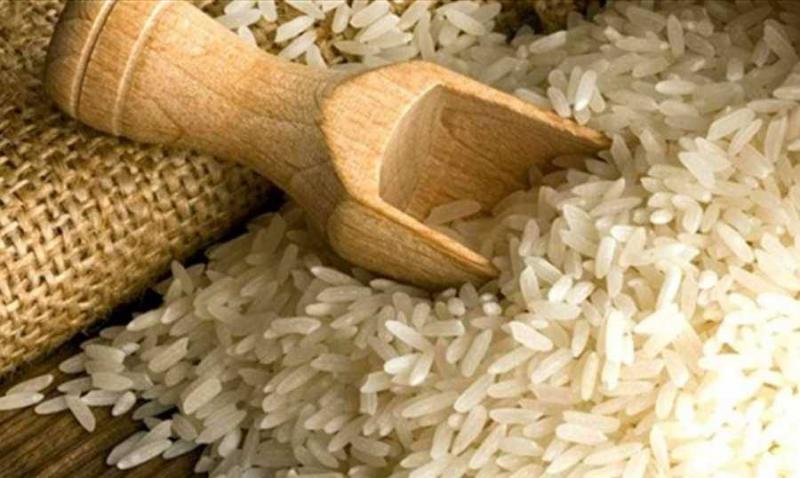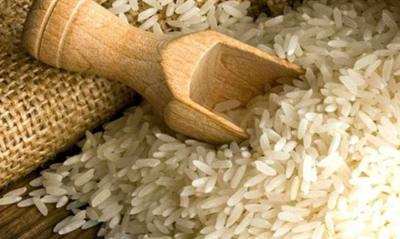In the first half of last year, tons of carcinogenic rice were imported into Lebanon without the approval of the Customs Administration and the Ministry of Agriculture, before being lost from the warehouses of the importing company, where it was found to have ended up in the stomachs of consumers! "Al-Akhbar" learned that one of the food importing companies (owned by a well-known businessman) imported 24 tons of rice in March 2023 and removed it from the Port of Beirut based on a commitment issued by the General Directorate of Customs, in accordance with Article 57 of the Customs Law, and transported it to its warehouses in the Bashamoun area. The commitment means that the company cannot dispose of the goods before subjecting it to laboratory tests conducted by the Agricultural Research Institute of the Ministry of Agriculture. The test results of a sample of the rice showed that it did not meet specifications due to higher pesticide residue levels than the maximum permissible limit, and is therefore considered carcinogenic, according to the Ministry of Agriculture engineer who inspected it. When the company was notified of the necessity to comply with the commitment by refraining from selling the rice, the owner of the company filed a lawsuit to have the laboratory tests redone. Indeed, a team including a specialized expert, the Ministry of Agriculture's office head at the Port of Beirut, and an employee from the Customs Administration was appointed; however, the surprise was that the goods from which samples were supposed to be taken were not present. After inspecting the warehouses, the expert found that the rice present did not match the commercial invoices related to the goods to be tested in terms of quantity and date, and that the rice the company requested to have tested was of a completely different type, while the non-compliant rice had been sold in the markets.
Following a notification from the financial prosecutor who was informed of the matter, the State Security apparatus began its investigations by hearing from the head of the Ministry of Agriculture's office at the port, an employee from the Customs Administration, the customs broker for the goods, an employee from the Customs Directorate, the company owner and his sister, who holds the position of company manager, and the procurement manager and warehouse keeper. The latter testified that the company sold a quantity of rice that was unfit for consumption. The imported shipment contains pesticide residues higher than the maximum allowed limit. After confronting the responsible director, the owner’s sister, with the matter, according to "Al-Akhbar," she denied any knowledge of the test results and claimed ignorance about the goods being released from the port under the commitment 57, attributing the responsibility to the customs broker and the procurement manager, as well as to the Customs Directorate for not sealing the goods with customs lead. Upon further investigation, the customs officer who handled the shipment data presented two commitments dated 27/3/2023 and 12/5/2023, signed by the owner and his sister, indicating that they were aware of the necessity to not dispose of the goods. One commitment states that a customs officer went to the companies’ warehouses to seal the goods with customs lead. The procurement manager confirmed that, by virtue of her position, she is not responsible for the sale of the materials in the warehouses. Based on instructions from the financial prosecutor, the customs broker was released upon providing residency documents, while the company manager was left with a monetary fine of $40,000, equivalent to double the value of the non-compliant rice that was sold. The State Security sealed the report, which became with the financial prosecutor. Subsequently, Judge Ali Ibrahim transferred the file to the first investigating judge in Beirut, Bilal Halawi. A judicial source clarified that the financial prosecutor estimated the $40,000 fine as a penalty for violating the Customs Law, while the investigation into whether consumers were harmed based on the Ministry of Agriculture’s test results will be handled by Halawi, with the crime being penal. Halawi is expected to make a decision on the file based on the information available to him.




